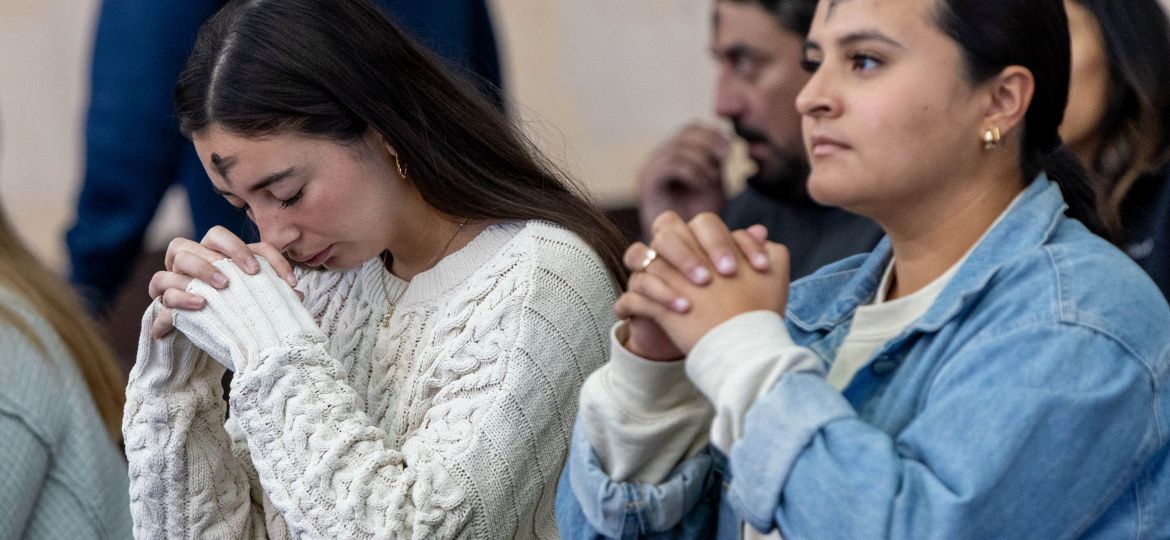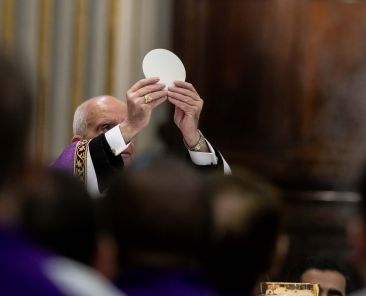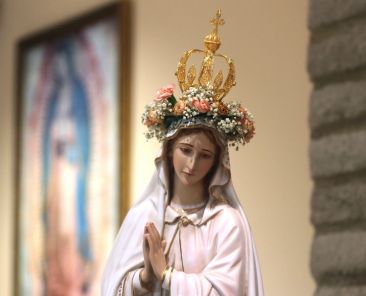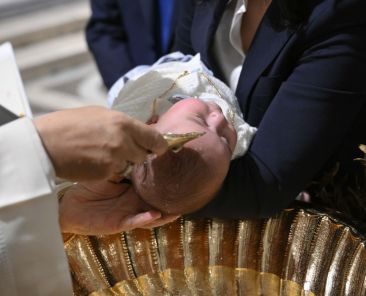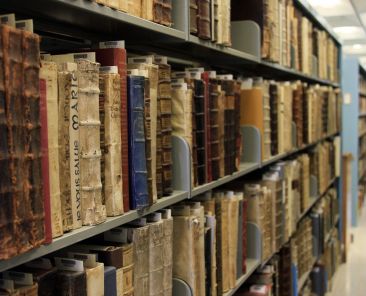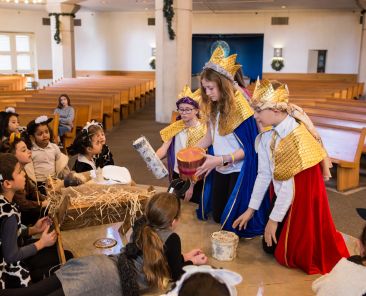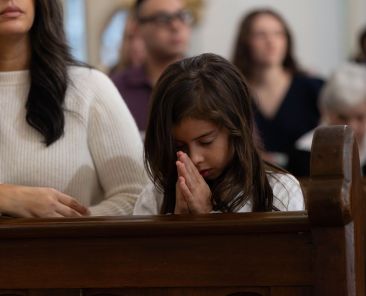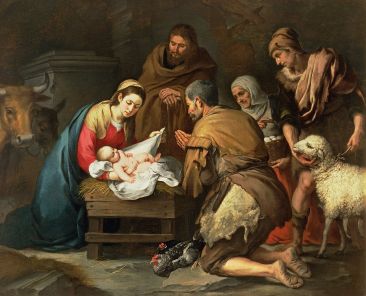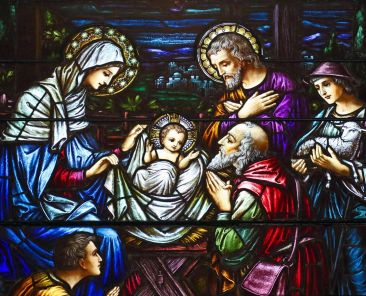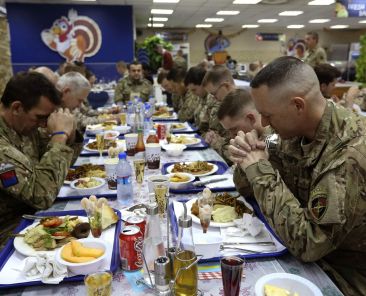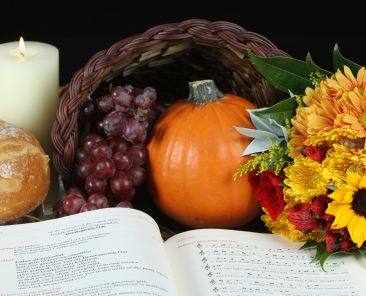When I was in seminary, I decided to do something I had never done before: run a half marathon. I had run a little in high school, but never more than two miles, so I knew this was going to stretch and challenge me. I did the research, got the right shoes, and began training. I ran several times a week at a slow pace, slowly building strength and endurance.
Discerning whether to offer or receive Communion can be a challenge, spiritually and pastorally; but such discernment can always also be fruitful.
St. Luke gives us the angel Gabriel’s annunciation greeting to Mary as “Chaire, kecharitōmenē” (Lk 1:28). There are thrilling grammatical and theological mysteries packed into these two Greek words.
In this article, I would like us to reflect more intentionally on how our baptismal promises are meant to be lived in a very practical way within the parish community.
I recently enjoyed a wonderful apocalyptic novel, “Lord of the World,” by the British author and priest, Robert Hugh Benson. I was excited to read this book because I learned that recent popes (such as Benedict XVI, Francis, and Leo XIV) have spoken about it as a prophetic reflection of our times.
When I was in seminary abroad, I traveled to Ukraine over winter break to visit friends. I stayed in a 600-year-old house in the eastern part of the country. It was a simple home with few modern comforts. In fact, I was only ever in the main living space, gathered around a large wood-burning hearth that served as the heart of the house.
As the year draws to a close, many of us find ourselves reflecting on the months gone by — our successes, our failures, and the opportunities we embraced or missed. Some may already be drafting resolutions for the new year, hoping to chart a better course ahead. In the midst of these reflections, I invite you to consider one resolution that is often overlooked but deeply essential: nurturing the spiritual lives of our children.
I used to go hunting with my dad. Well, technically, he went hunting, and I tagged along for the adventure. I was never much of a gun guy — more of a fisherman — but I loved everything that came before the hunt.
The days are darkest in late December. Our calendar year ends with the briefest appearances of sunlight. The wintry chill that covers so many lands, the leafless trees, and the absence of flowers and plants all provide a hint of death at work in the sleeping earth.
With Thanksgiving Day coming up, and given the social climate in our country, I am moved to reflect on the connection between love and criticism.
As we gather to celebrate Thanksgiving, my heart is filled with gratitude for you. Throughout this past year, as I have traveled across our beloved Diocese of Dallas and encountered so many wonderful parishioners who cherish their Catholic faith, I am continually reminded of the countless blessings God has bestowed upon us.

